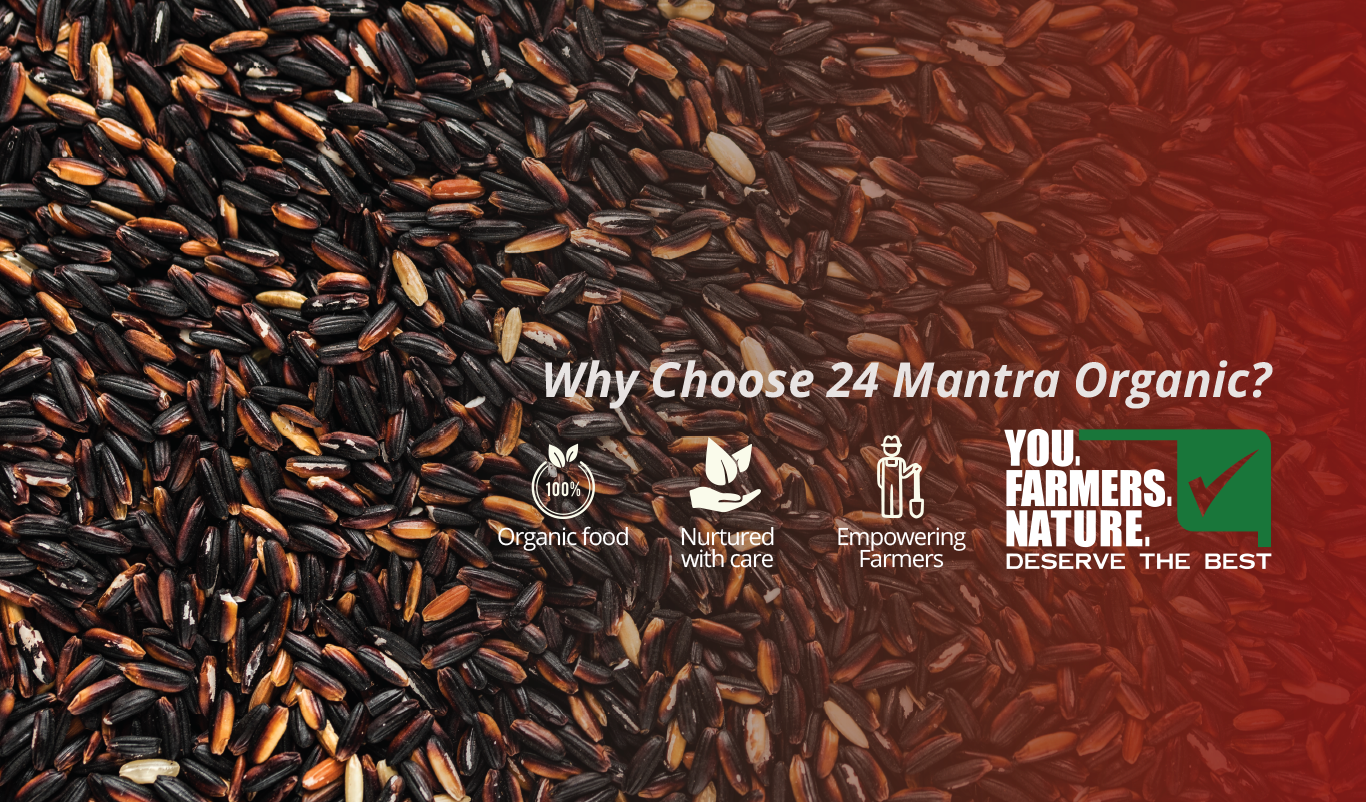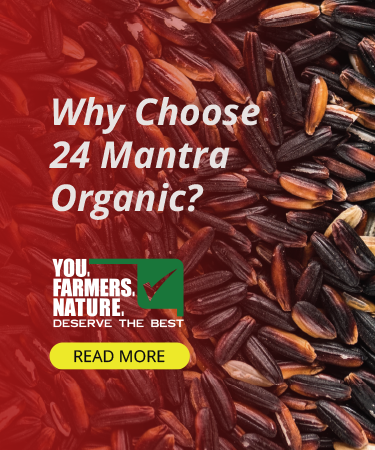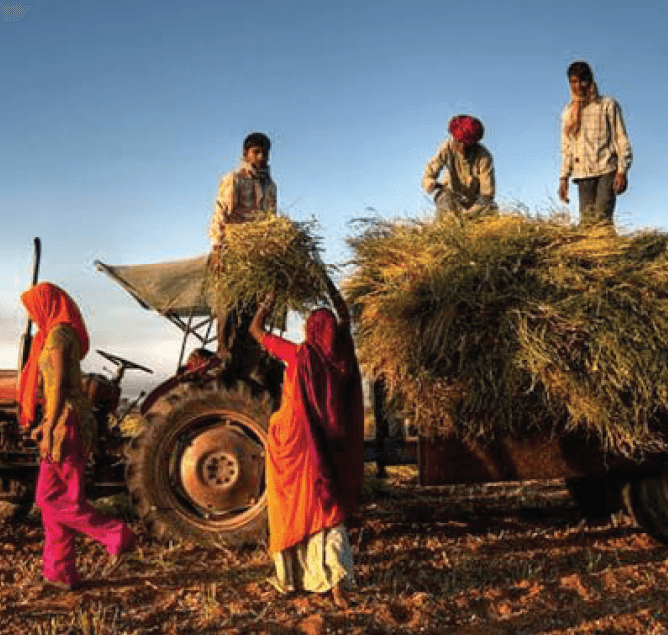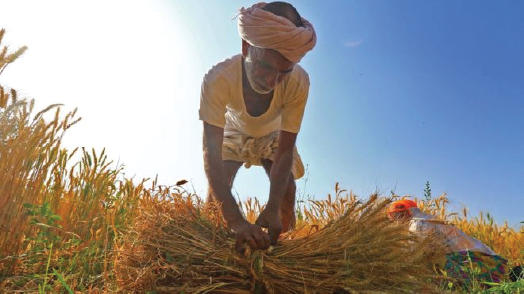WHAT IS ORGANIC
Organic is away, a habit and a practice all rolled into one. It refers to a way of growing and processing food. It is also about the reliance on an ecological system that sustains itself on rich soil and proven traditional practices to grow crops and food that resists pests and diseases. Organic also means, the farmers don’t use toxic, persistent pesticides, fertilizers which are known to contaminate soil, air, water, and food. In fact, organic farmers and farming involve practices of rotating crops, deploying beneficial insects, using locally honed methods, adding composted manure and plant wastes to the soil.
Organic farmers are environmentally friendly. They choose solutions to the pests and disease problems that affect their crops in a way that does not damage and destroy the planet. Their wisdom is proven so are their practices.
CROP ROTATION
Seemingly simple, it rests on a sound understanding of the basics of biology and nature. Organic farmers alternate the crops grown in each field, rather than growing the same crop year after year (mono-cropping). They know that different plants contribute varying nutrients to the soil. By rotating crops, they ensure the soil is naturally replenished. This time-honored practice can eliminate the need for insecticides in many crops since the insect’s life cycle and habitat are interrupted and destroyed.
COVER CROPS
Organic farmers and entities like us are reiterating the importance of cover crops. These are species that can protect the soil, add nutrients, prevent weed growth, aerate the soil with deep root systems, and fertilize the soil by building organic matter when plowed under. Cover crops conserve and trap moisture, they are a rich ground for microflora and fauna. Earthworms and other beneficial soil organisms when they thrive in the soil, arrest the growth and prevent problematic bacteria, fungi, nematodes, diseases, and insects from proliferating.
RELEASE BENEFICIAL INSECTS
Organic farmers utilize natural predators to control pests that destroy their crops, which eliminates the need for chemical insecticides that remains in the soil for years.
COMPOST AND PLANT WASTES
If you have ever been to a farm, or a village you would see for yourself how the smart farmer knows the use of compost and natural wastes. The continuous cycling of naturally occurring materials helps the soil retain moisture and nutrients.
Organic we believe is also a healthy choice for farmers. One step forward to nurturing goodness and helping the environment.
Organic also means no use of chemicals in processing or dangerous food preservation methods like irradiation. It works on the scientifically validated age-old natural processing and preservation principles.
Better quality food, better planet, also means a better future for all of our children and us. Right? Well, it is a complex process this organic farming and way but has several long-lasting benefits for all of us.
Key benefits
No pesticides or harmful chemicals
- Better nutrition – rich in antioxidants
- Better taste
- Better ecology
- Sustainable -better planet for our children
- Safe food
- No water contamination
- Farmers – better lives
10 reasons to go organic
- Protect children and your family members from cancer-causing pesticides
- Say goodbye to harmful chemicals in your diet
- Get the taste of health and nutrition
- Reduce health risks with Organic purity
- Eat foods adhering to international standards
- Protect the earth as organic farming is planet-friendly
- Prevent water contamination as there are no chemicals pollutants in organic farming
- Gain from the diversity of crops which is becoming a thing of the past
- Help small farmers and eliminate middlemen to create sustainable livelihoods
- Stay in harmony with nature







